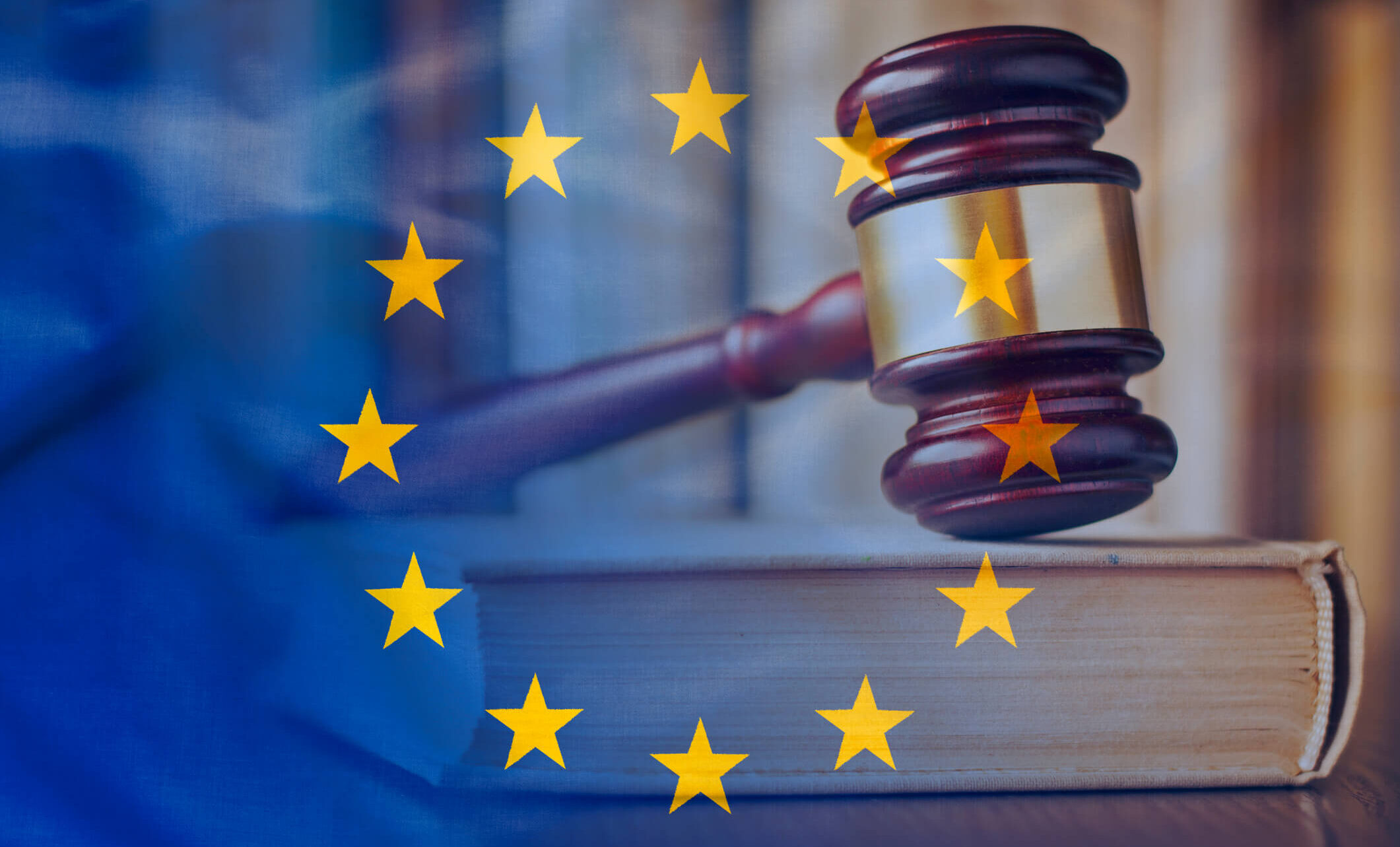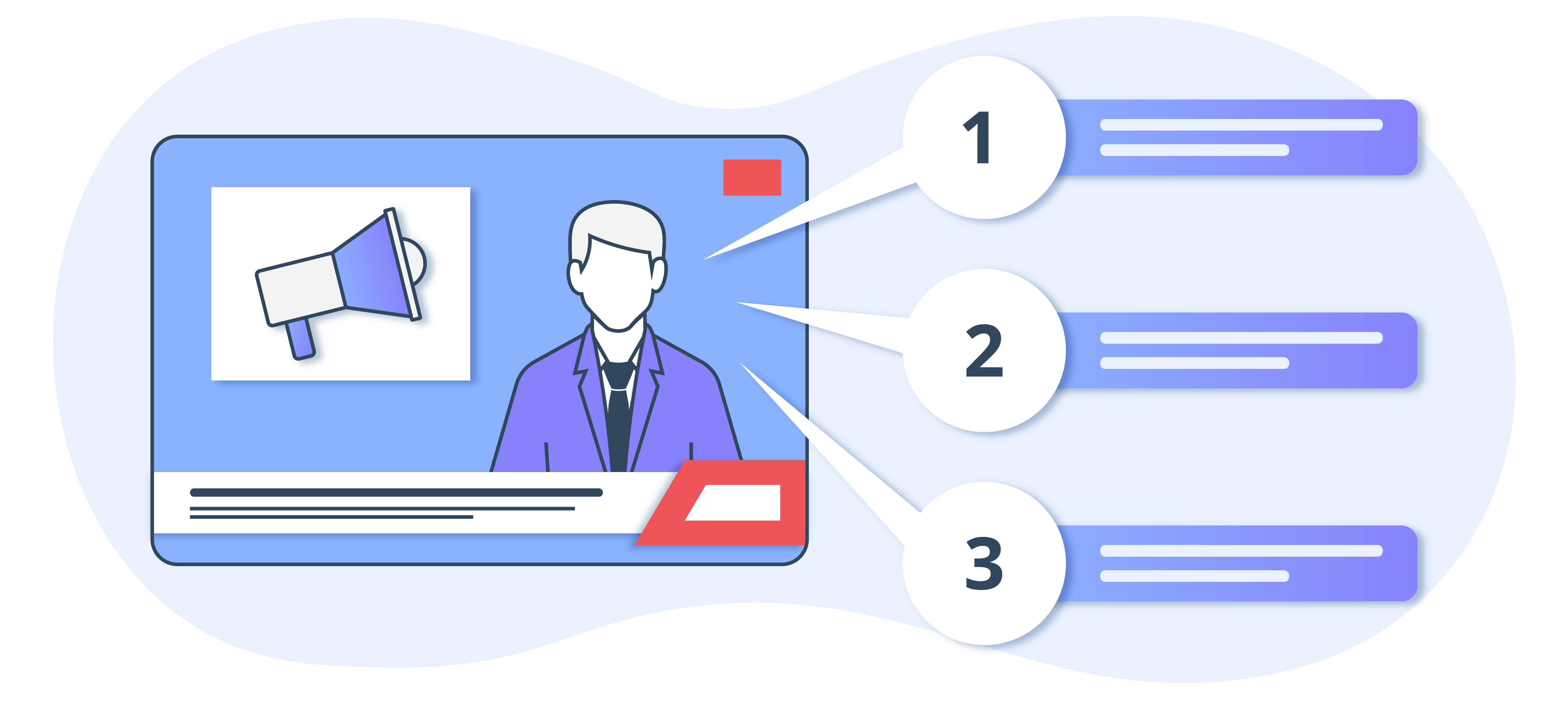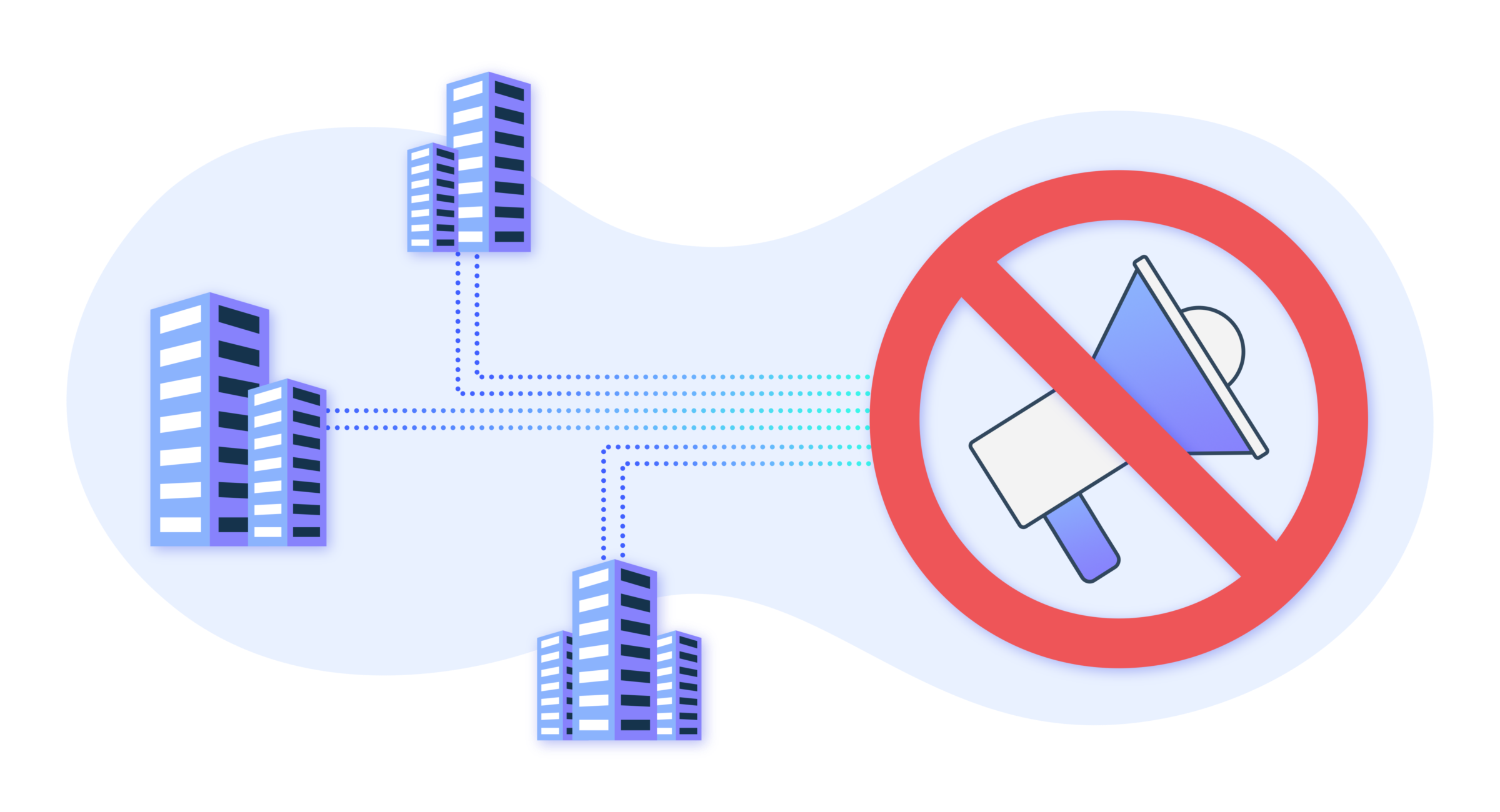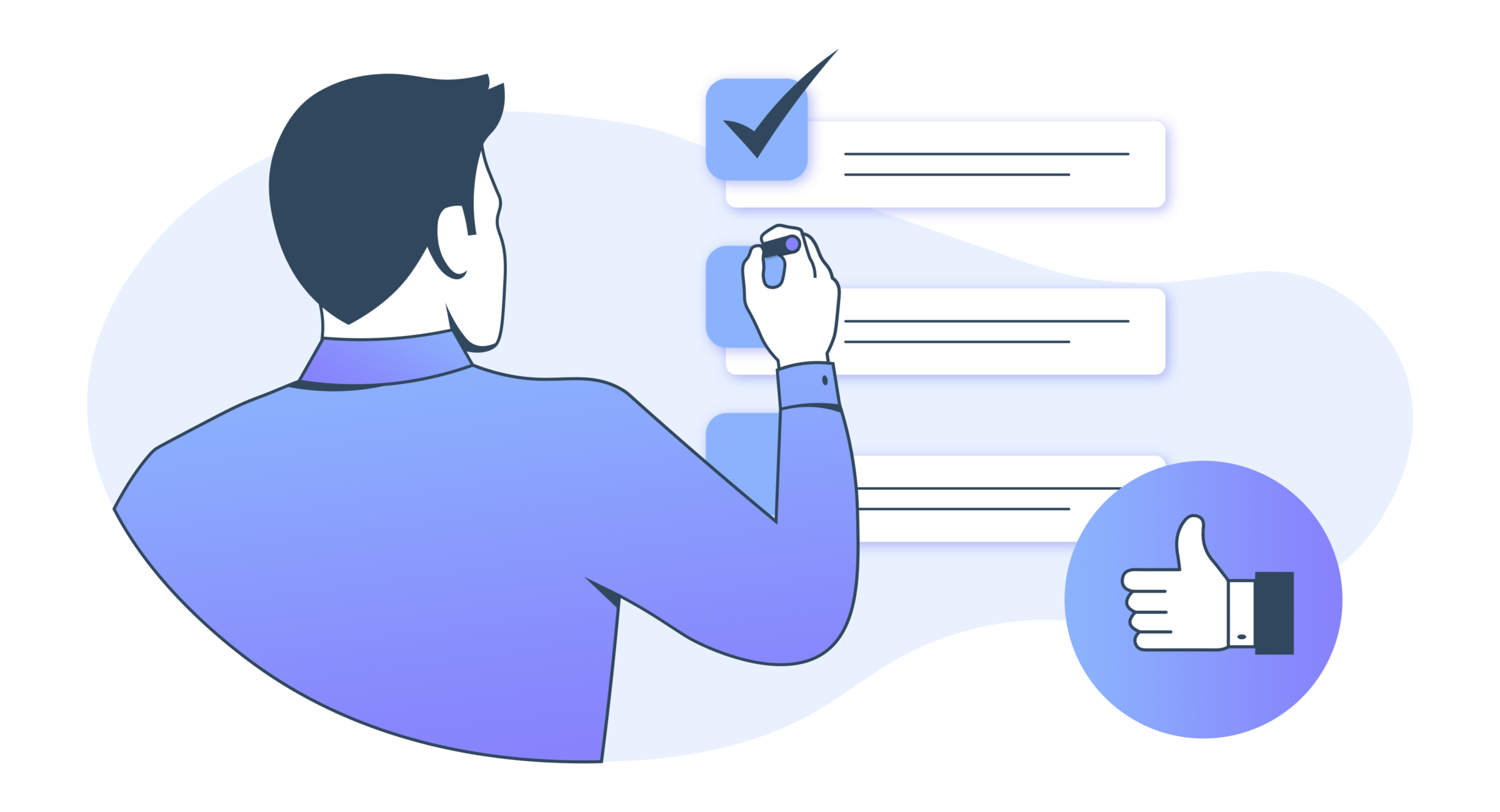by Daniel Vaknine
When employees in NGOs feel embarrassed speaking up within, it raises the risk enormously that any misconduct or unethical practice will be revealed publicly and lead to irreparable damage to the organisation’s reputation and cause. With the new enactment of whistleblower protection legislation, having a trusted whistleblower system in place within your NGO or charity is vital. Not only does this protect your organisation from scandal, but it also provides another layer of safeguard for employees and volunteers, particularly valuable in such value-based cultures. Continue reading…










